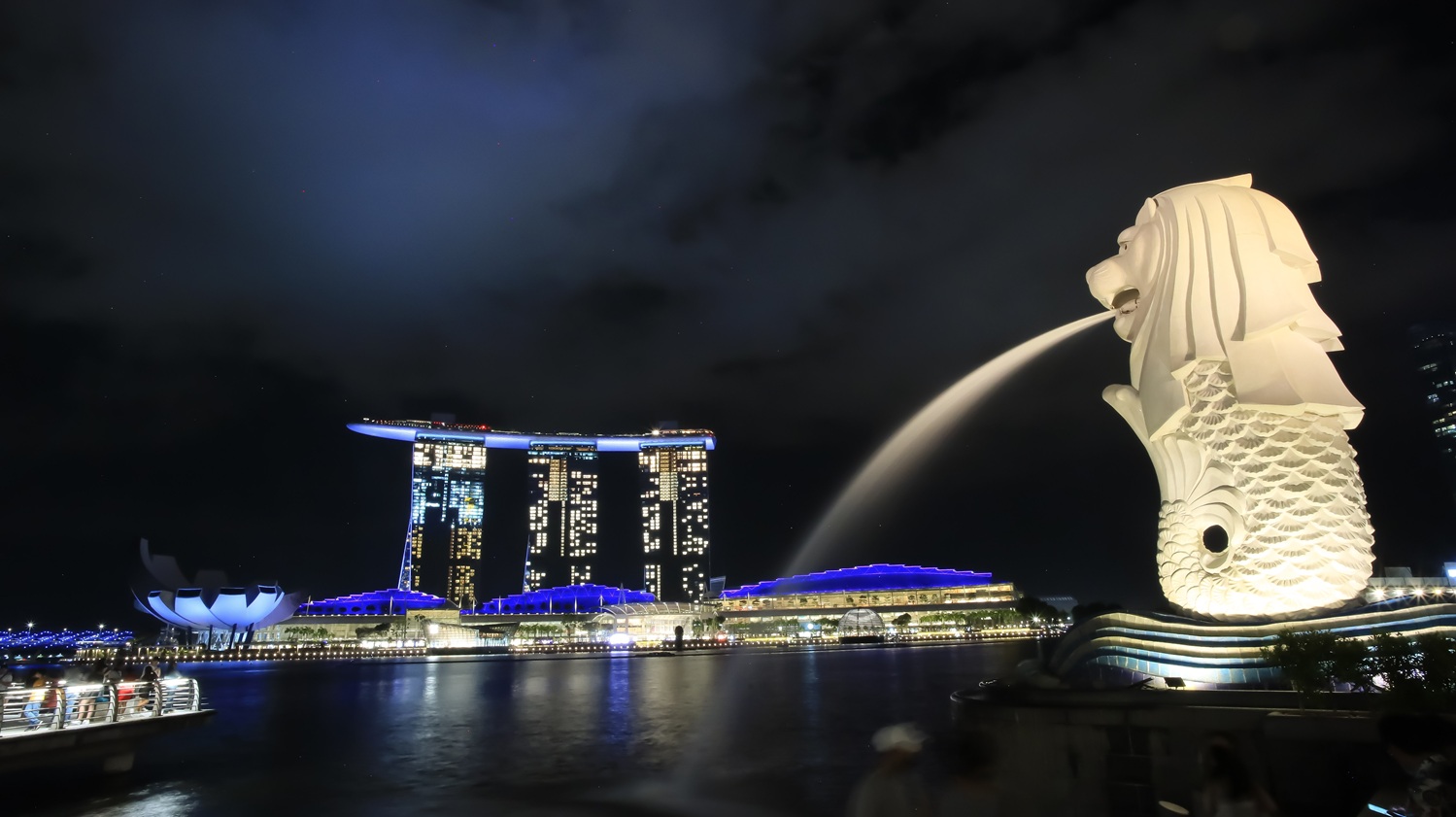Strategic Command, USSSOCOM and SOFWERX host IF15

Image courtesy MoD / Crown Copyright
The theme was ‘Smart Cities – Future Challenges for Special Operations Forces’ and explored the challenges and opportunities of special operations in a range of future complex smart city scenarios.
It was a unique opportunity to look at novel concepts, capabilities and technologies that will provide Special Operations Forces (SOF) with an advantage over our adversaries in the 2035-time frame. The event involved collaboration between leading minds and innovators from a wide range of different backgrounds including military experts, industry, academia, subject matter experts as well as those from atypical backgrounds – for example, actors and influencers.
The intention behind the event was to challenge traditional approaches and to draw from communities that haven’t previously been part of our thinking and planning. This allowed for diversity of thought, enabling these diverse groups to work together to generate new ideas and discover and develop innovative and disruptive technologies for future smart cities.
The choice of location was also no accident. Surrounded by high rise buildings in central London, a setting that would no doubt subliminally impact the participants thoughts as they discussed urban, dense and congested environments of the future. In any city, there is a lot of competition in the electromagnetic spectrum and physical space, even the vertical aspect of a smart city creates challenges – for example, being on the first floor compared the 90th will significantly change a mission.
Once separated into groups, participants were faced with a broad set of gamified scenarios, constraints and tactical challenges. To overcome such challenges, they needed to understand the probable patterns of life for the population, the operational objectives of SOF and the technical capabilities for each city. Throughout the event participants identified and combated risks, exploited vulnerabilities and developed innovative plans, policies and concepts to enhance our capabilities in smart cities of the future. This required novel approaches when considering virtual and physical theatre entry, combat operations, sustainment and partnering.
The challenges of operating in smart cities in the future will be largely around the Internet of Things (IoT), hyperconnectivity, ubiquitous sensor networks and the physical and electronic challenges of accessing smart cities to conduct military operations – right from ports of entry through to logistics and sustainment to actual physical and kinetic combat operations. Participants generated a range of innovative ideas to combat these challenges, including the use of quantum gravimetry for precision navigation options, uncrewed systems for manoeuvre within smart cities, as well as the creation of digital twins to map the atmospherics and operating environment to give our SOFs the best chance of success in the mission.
The event also helped to facilitate continued sharing of knowledge and ideas and the development of innovative science and technology concepts between the UK and US participants, strengthening what is is already the most robust, deepest, and advanced partnership of any two countries.
The event was not simply working in hypotheticals - the scenarios helped participants understand how to identify necessary investments as well as recruit and train for the skillsets required to operate in future smart cities.
The next phase of the Cycle will be a Rapid Capability Assessment (RCA), which will provide a rapid assessment of the most promising ideas, alongside industry and academia. This process will lead to the identification of new capability solutions which will ultimately be developed into prototypes for testing during the final phases of the Innovation Cycle. Details on how to apply and participate in these next phases will be released shortly.














